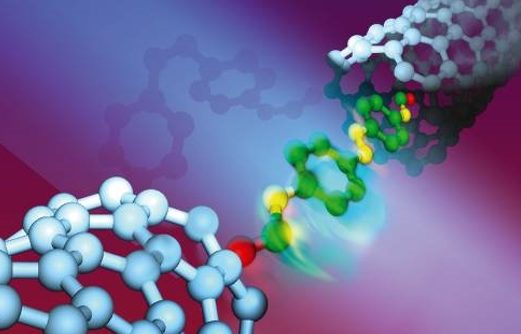Our currently more than 60 members and partners from four faculties of TU Dresden (Mechanical Science and Engineering, Electrical and Computer Engineering, Computer Science and Science), from TU Chemnitz and TU Bergakademie Freiberg and from numerous non-university institutions possess broad experience and expertise in the simulation of materials properties ranging from studies on the pico- and nanometer scale up to the modeling of materials at the microscale and beyond. The areas of interest cover issues of electronic, electrical, thermoelectric, mechanical, fluidic, optical and rheological material properties, as well as production simulations and visualization methods, covering both fundamental and applied research.






 Students are trained for the next 50 years to come: Our currently more than 60 members at three schools of TU Dresden, at TU Chemnitz and at TU Bergakademie Freiberg offer a broad variety of lectures, seminars and student projects on current topics in Computational Materials Science with high relevance for future research and development.
Students are trained for the next 50 years to come: Our currently more than 60 members at three schools of TU Dresden, at TU Chemnitz and at TU Bergakademie Freiberg offer a broad variety of lectures, seminars and student projects on current topics in Computational Materials Science with high relevance for future research and development. Our currently more than 75 members and partners from three schools of TU Dresden (Engineering, Science, Civil and Environmental Engineering), from TU Chemnitz and TU Bergakademie Freiberg and from numerous non-university institutions possess broad experience and expertise in the simulation of materials properties. It is our foremost goal to bundle these competencies and to network with external scientific partners.
Our currently more than 75 members and partners from three schools of TU Dresden (Engineering, Science, Civil and Environmental Engineering), from TU Chemnitz and TU Bergakademie Freiberg and from numerous non-university institutions possess broad experience and expertise in the simulation of materials properties. It is our foremost goal to bundle these competencies and to network with external scientific partners.